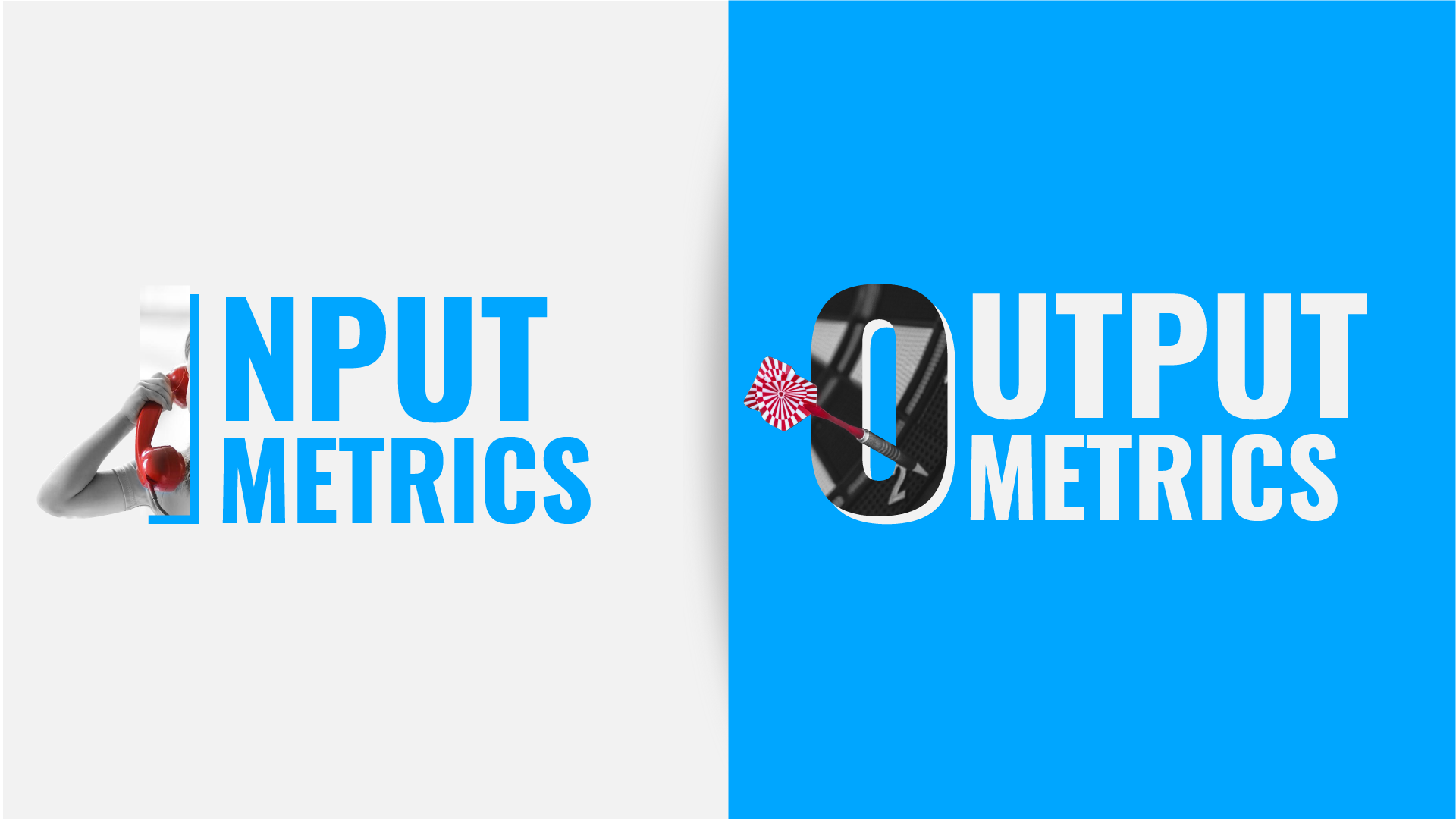Should I lower price to get customers?
I seemed to be getting this question more often than ever in the last few months; so I figured it may provide some value to entrepreneurs out there who have the similar question by discussing it here.
For starters, I don’t like the idea of lowering prices in an attempt to win jobs or get more customers. By doing so, an entrepreneur risks losing their margins in the short term at best and losing their credibility and perceived value in the long term at worst.
Whoa, relax! Losing credibility? It can’t be THAT bad!
I can already hear protests as I write this but here’s why:
Reasons why you shouldn’t
Say you are an entrepreneur in the creative service business and you have just quoted a rebranding project for $22,000. Your agency have done this a dozen times and you are confident that the value you create is worth at least twice that amount.
But the prospect came back to you and said that your competitor (probably of less quality but to the prospect it may appear the same at this point) is offering to do the job for $16,000. To try and win the job, you matched the price.
Here are a few possible outcomes:
Distort your profit margin
Let’s pretend the direct cost to do this project is $13,000. You’ve just managed to reduce your gross margin of 41% down to 18%. And may have very likely wiped out your profit margin completely. So, potentially, you’ve just won a job that will negatively affect the financial health of your company.
Opportunity cost
By taking on this job – and say that it takes 2 team members 1 month to prepare, execute and deliver – you’ve occupied these resources from performing any other revenue-generating activities. Or maybe it’s not that directly on your top line – maybe it’ll just remove their opportunity to learn something new that may provide additional opportunities. Either way, by choosing to do this project always mean that we are choosing not to do something else.
In fancy accounting terms, we call this the opportunity cost.
Distory your market price
Scenario 1
And if your prospect thinks like I do – I’d think that your original $22,000 price was a rip off! You obviously could do it for $16,000 and you obviously think it’s only worth this much – so why didn’t you quote me this price in the first place? Were you trying to squeeze more money out of me in the beginning? It creates mistrust. Oh, and what if I happen to know someone that worked with you at the $22,000 price point? How would they feel about their engagement with you?
Scenario 2
Say #3 doesn’t happen and we’ve done the project and I (as the customer) was so happy that I wanted to refer my buddy to you. What do you think I am going to say? You’re right, I am going to tell my buddy to negotiate with you. I’d say something like, “he’s going to give you a price but you should be able to get it for 30% less than his first offer.”And if you keep this up, pretty soon everyone will be expecting that 30% discount. Not the best place to be.
But, I understand that in the real world we have real financial pressures; and that sometimes you feel like you have no choice but to compete on price. In those situations I’d suggest stripping out some value or provide a lesser flanking product (think iPod Touch and iPod Shuffle.) I’d discuss more on how to effectively do so and still remain (and know for sure) profitable in my post next week.
What do you think? Do you lower prices without stripping out value just to win jobs or generate more revenue? Or perhaps you have a way of doing this and still remain profitable. Share it in the comments below – oh, and we always enjoy constructive disagreements. Happy hump day. (Am I allowed to say that on the internet?)


